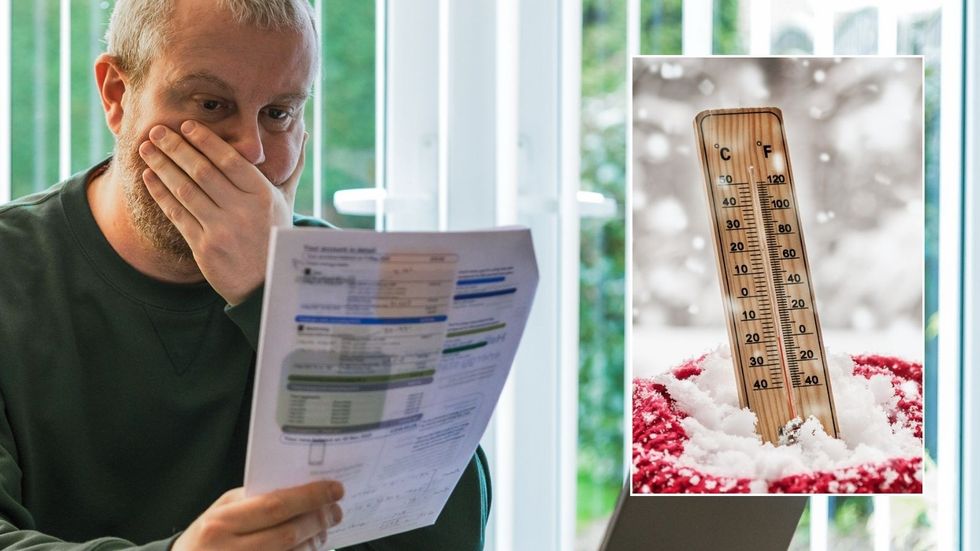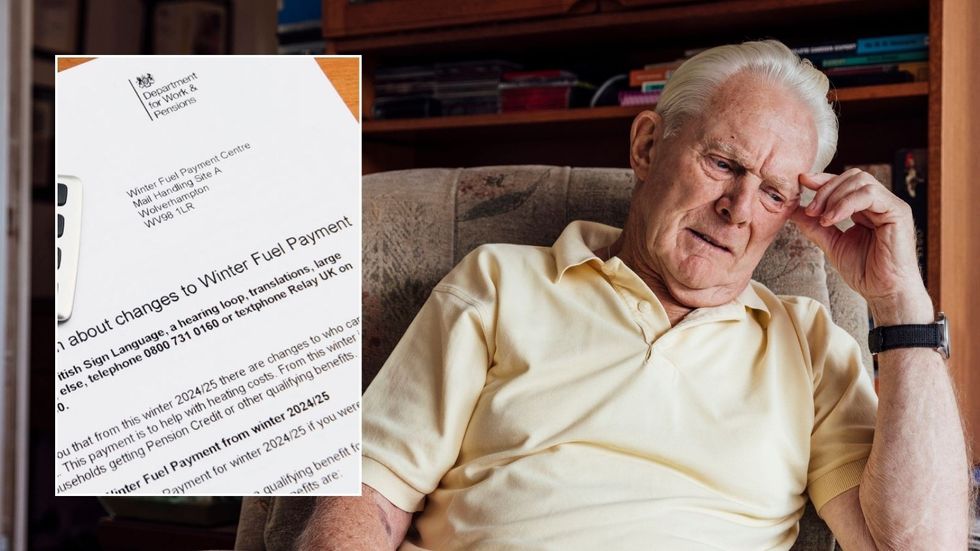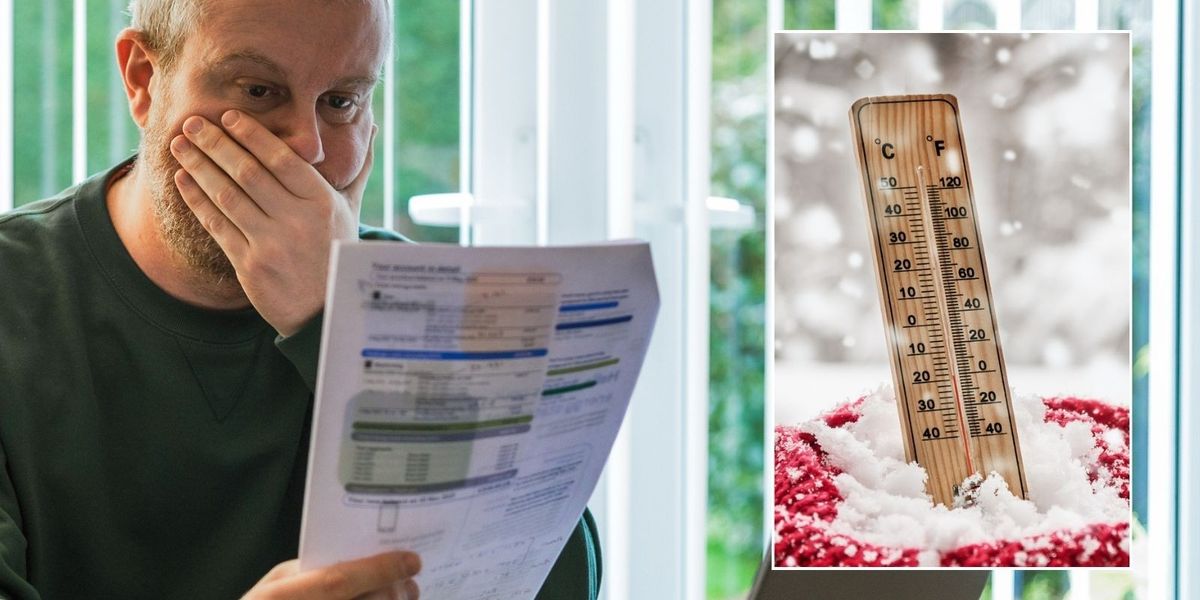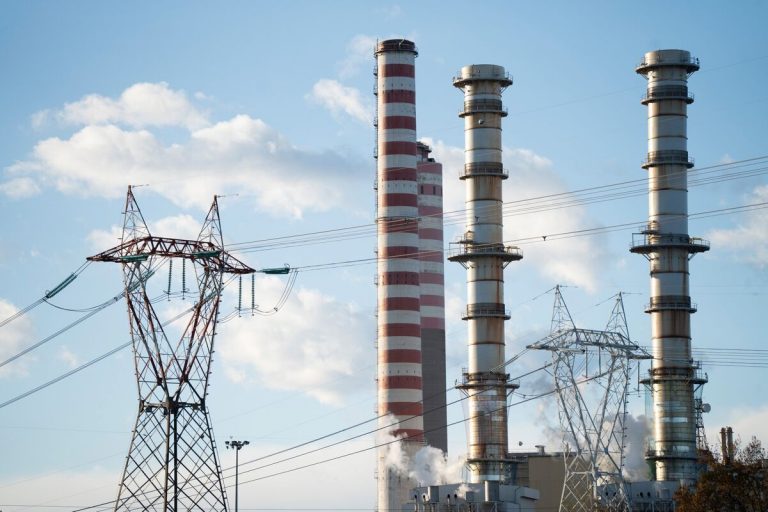UK households are being warned that a common thermostat mistake could be causing their energy bills to double this winter. As families across the nation grapple with rising energy costs, experts at Plumbworld have identified a crucial error in how many people use their heating controls.
The cost of living warning comes as homeowners face mounting pressure from escalating energy prices, with many seeking ways to reduce their bills during the colder months.
This costly mistake is easily avoidable, according to heating specialists, who say a simple adjustment in thermostat usage could lead to significant savings for families.
A widespread misconception among homeowners is that turning up the thermostat will heat their home more quickly. However, experts explain that a thermostat doesn’t control heating speed – it only determines the final temperature your home will reach.
Setting the temperature too high wastes energy unnecessarily and can lead to significantly higher bills. This issue becomes particularly problematic during winter months when heating systems are already working harder to combat cold weather.
Do you have a money story you’d like to share? Get in touch by emailing money@gbnews.uk.

Experts are urging households to change their thermostat usage
GETTY
The impact is especially concerning as energy prices continue their upward trend, making efficient thermostat use more crucial than ever.
The scale of this issue is highlighted by recent Office for National Statistics data, which shows around 57 per cent of UK households have struggled with energy costs in the past year.
These financial pressures make avoiding unnecessary energy wastage not just about saving money, but a vital survival strategy for many families.
With more households trying to be energy-efficient than ever before, understanding correct thermostat usage has become increasingly important.
 Pensioners are distressed about recent changes to the Winter Fuel Payment allowance GETTY
Pensioners are distressed about recent changes to the Winter Fuel Payment allowance GETTY Analysis from NRG outlined other ways in which families can reduce their heating costs by making very simple changes to their home.
They shared: “Bleeding your radiators can massively improve their efficiency. If you notice cold spots, it’s likely due to air trapped in the system.
“Releasing that air allows your heating system to work more efficiently, making sure you’re not wasting money.”
“Smart meters can provide invaluable insights into your energy use, helping to identify where you can cut back. By feeding accurate readings directly to your supplier, you also avoid the shock of an unexpectedly high bill.
“Smart thermostats can even help you make sure you’re not wasting energy. They allow you to set schedules based on your daily routine, so your heating is only on when needed, saving up to 10 per cent annually.”
These savings tips arrive after Ofgem’s recent hike to the energy price cap in October. The regulator raised the average energy bill for a typical household in England, Scotland, Wales and Northern Ireland will jump from from £1,568 to £1,717 a year.
LATEST DEVELOPMENTS:
 The average household energy bill is instead set to rise by 10 per cent in OctoberPA
The average household energy bill is instead set to rise by 10 per cent in OctoberPAOfgem’s price cap is the amount firms can charge the average household on a variable tariff for the price of gas and electricity. Households who have more than average energy usage will pay more.
Last month, the nation’s energy regulator a 1.2 per cent increase to the price cap for the period covering January to-March 2025. As such, average bills will jump by £21 for an average household per year or around £1.75 a month.
Tim Jarvis, the director of general markets at Ofgem explained: “Our reliance on volatile international markets – which are affected by factors such as events in Russia and the Middle East – means the cost of energy will continue to fluctuate.
“So it’s more important than ever to stay focused on building a renewable, home-grown energy system to bring costs down and give households stability.”
























+ There are no comments
Add yours